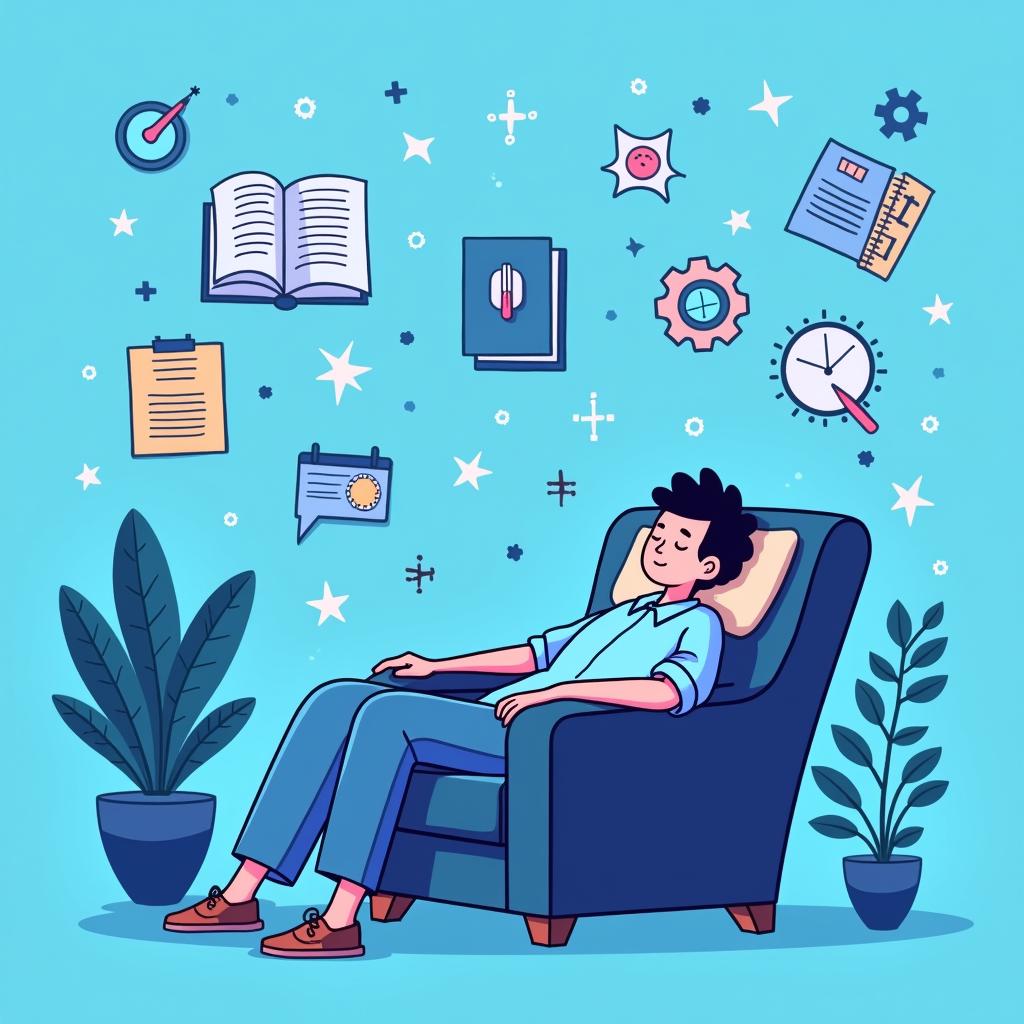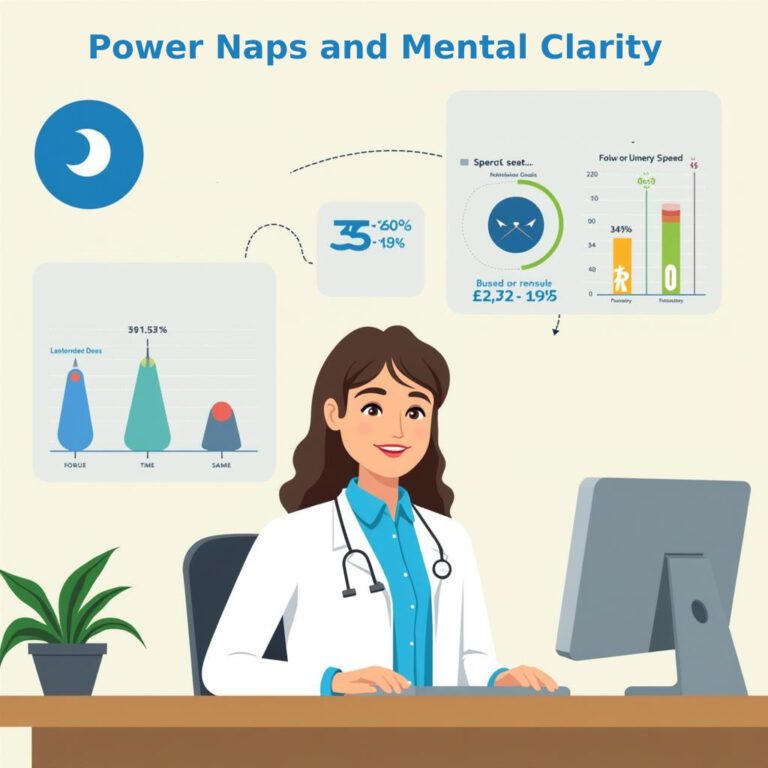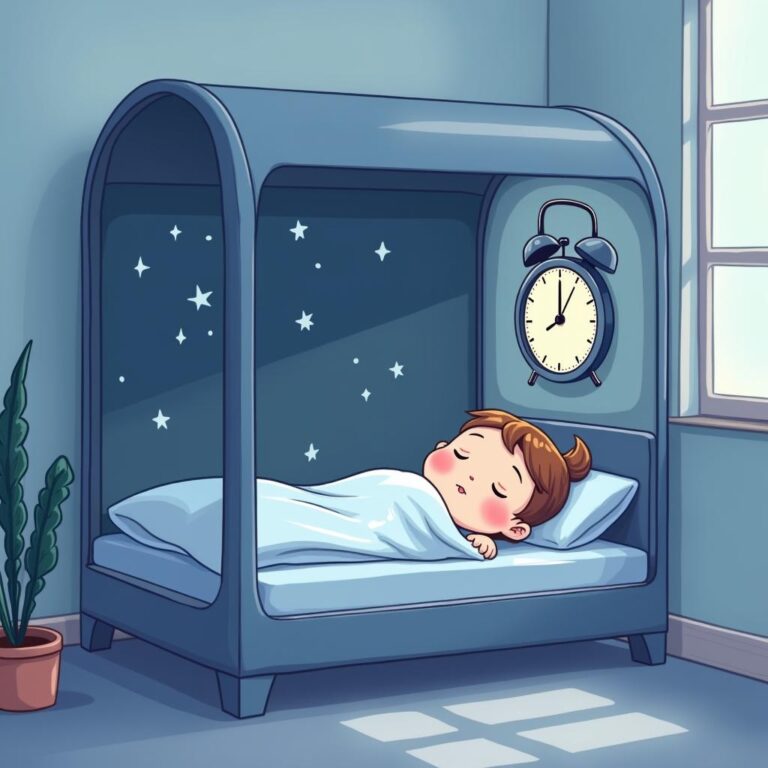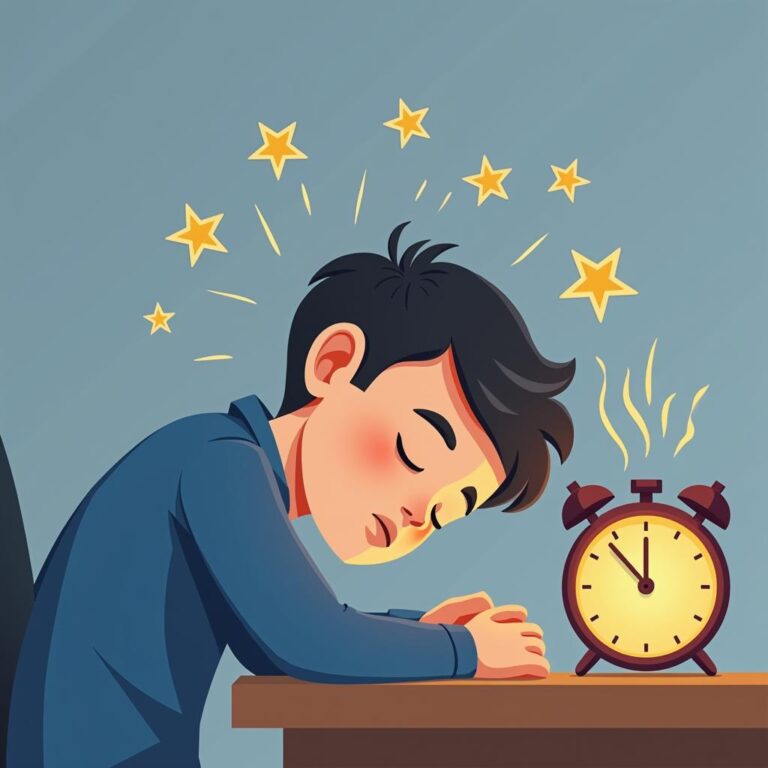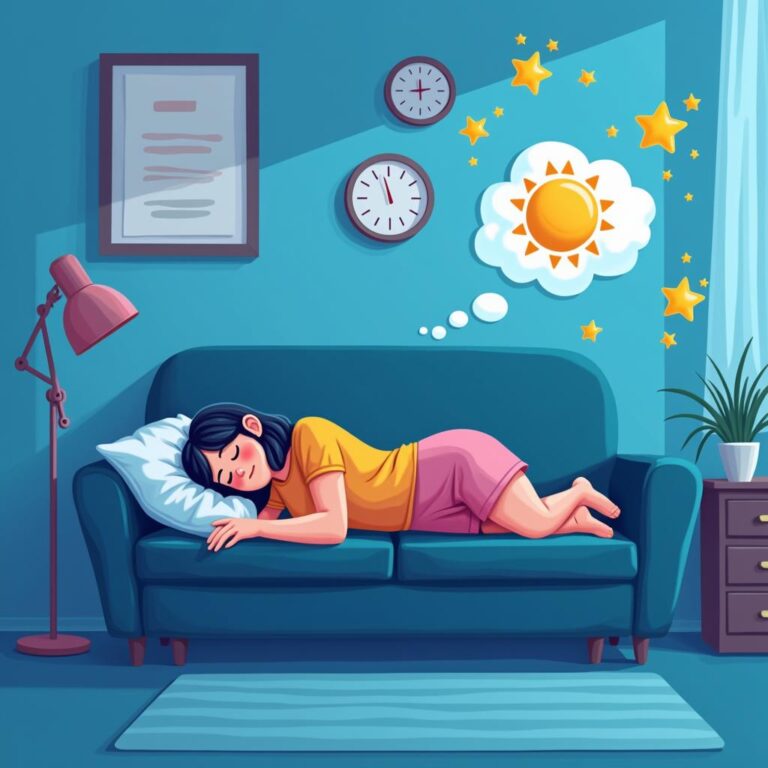Napping has become an essential part of modern lifestyles, especially given our increasingly busy schedules and the demands of our daily lives. Yet, many individuals often overlook the critical aspect of napping—specifically, how the length of a nap can significantly impact mental clarity and focus. In this article, we will explore the best nap length for mental clarity and how you can optimize your napping habits to boost your productivity and overall well-being.
The Science of Napping
Before delving into the ideal nap length, it’s important to understand the science behind napping. Naps can be classified into several stages of sleep, including light sleep (NREM Stage 1 and 2) and deep sleep (NREM Stage 3). The rem-stage sleep is also a critical component of the sleep cycle.
Each stage plays a unique role in mental rejuvenation and cognitive function. For instance, light sleep helps to enhance alertness and motor performance, while deep sleep is essential for physical recovery and memory consolidation.
Understanding Nap Lengths
The duration of a nap can greatly influence what stage of sleep you enter, and subsequently, how refreshed you feel upon waking. Here’s a breakdown of common nap lengths and their effects:
- 10-20 Minutes: Often referred to as a “power nap,” this short duration helps to enhance alertness and concentration without entering deep sleep. This is ideal for a quick energy boost and is less likely to cause sleep inertia, which is the grogginess felt after waking from a heavier sleep.
- 30 Minutes: A nap of this length may allow you to enter light sleep but is usually not enough to reach deep sleep. Some individuals report feeling drowsy if they wake during this stage, making this duration a bit tricky for ideal mental clarity.
- 60 Minutes: This length allows the individual to enter deeper sleep, aiding in memory consolidation. Waking up after 60 minutes can result in grogginess, but it’s excellent for those who need a more substantial cognitive boost.
- 90 Minutes: This is the typical length of a full sleep cycle, which includes light sleep, deep sleep, and REM sleep. Napping for this duration allows the brain to go through all the essential phases of sleep, thereby enhancing problem-solving skills and creativity while reducing sleep inertia.
Finding Your Optimal Nap Length
The best nap length for mental clarity may vary from person to person, depending on individual needs and lifestyles. Factors like sleep deprivation, the time of day, and specific personal goals (e.g., improving alertness or creativity) all play crucial roles in determining the optimal duration.
The Benefits of Short Naps
Quick Mental Rejuvenation: Naps of 10-20 minutes can significantly boost alertness and performance. They are perfect for those who may not have the luxury of time but need a quick refresher.
Reduced Stress: Short naps can help lower stress levels, providing a mental break during intense work sessions without the drawbacks of longer naps.
Improved Focus: A brief nap can recharge the brain’s resources, making it easier to focus and tackle tasks post-nap.
The Case for Longer Naps
Memory and Learning Benefits: A 60 or 90-minute nap can significantly impact memory consolidation and cognitive function, which is especially helpful if you’re studying or learning new information.
Enhanced Creativity: A longer nap allows for access to REM sleep, which can stimulate creative thinking and problem-solving abilities.
Physical Restoration: Longer naps can be restorative for the body, improving overall health and well-being.
Tips for Taking Effective Naps
Here are some practical tips to make the most out of your napping experience:
- Optimal Time: The best time to nap is typically in the early afternoon, around 1 PM to 3 PM. This timing aligns with the body’s natural circadian rhythms and can be most rejuvenating.
- Environment: Create a calm environment for your nap. A dark room, comfortable bedding, and a quiet atmosphere can aid in falling asleep faster and attaining quality rest.
- Set an Alarm: To avoid oversleeping, set an alarm to wake you up at your desired duration. This helps prevent waking up groggy from extended deep sleep.
- Routine: Incorporate napping into your daily routine. Consistency can train your body to recognize when it’s time to rest, leading to improved nap quality.
Conclusion
Finding the best nap length for mental clarity and focus is essential for maintaining productivity in our fast-paced lives. Whether it’s a quick 20-minute power nap or a restorative 90-minute snooze, understanding how nap duration impacts your cognitive performance can help you optimize your rest. By incorporating these insights into your daily routine, you can enhance your alertness, creativity, and overall mental well-being, making napping a valuable tool in your wellness arsenal.
Remember, the key is to experiment and find what works best for you. With the right approach, napping can be a game changer in your pursuit of mental clarity and professional success.

